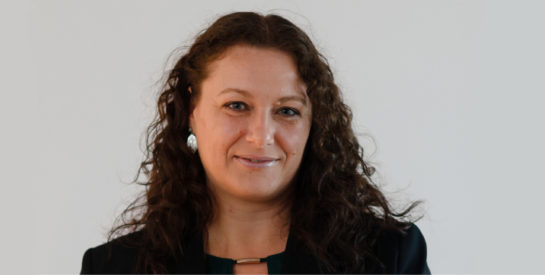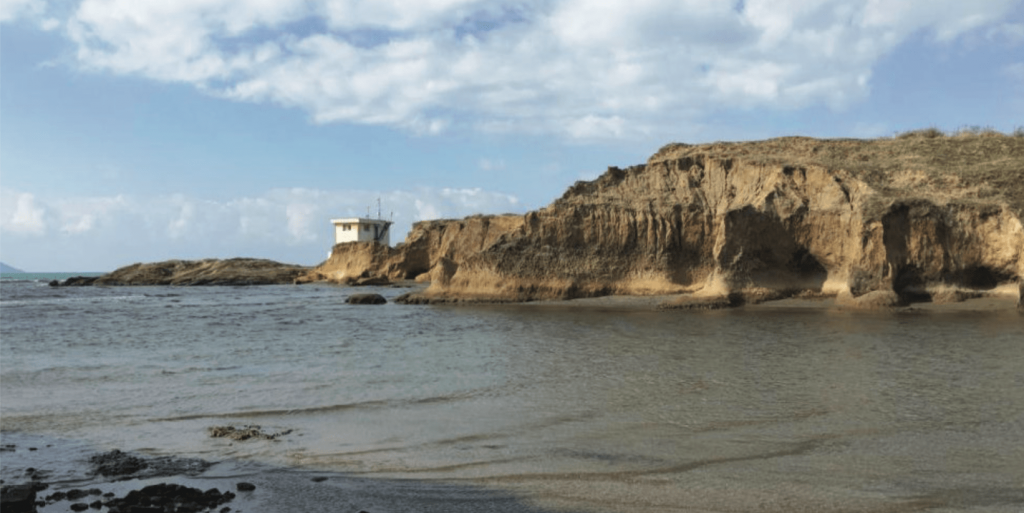
4D Earth

Module Coordinator:
Asst. Prof. Petra Jamšek Rupnik, PhD
The 4D Earth module focuses on comprehensive research into the Earth’s surface and subsurface, as well as the associated natural and anthropogenic processes and risks, employing interdisciplinary approaches. It addresses natural hazards such as earthquakes and landslides, as well as the impacts of human activities on the environment, human health, and ecosystems. Special emphasis is placed on the sustainable use of geological resources and risk management.
Particular attention is given to the analysis of geological and anthropogenic processes that shape natural and urban landscapes, as well as to the development of advanced methods for studying them. Modern tools such as GIS, remote sensing, 3D modelling, artificial intelligence, and machine learning facilitate spatial analysis and data interpretation to address current social and environmental challenges.
Students will learned about geomorphological, geophysical, and geochemical techniques and methods. They will also gain practical experience in exploring real-world cases. The module promotes a holistic understanding of environmental processes and fosters a critical approach to the sustainable management of space and natural resources.
Module Objectives:
- Develop an in-depth understanding of subsurface and surface processes and their impact on the environment, natural hazards, and society.
- Train students with to use modern mapping, modelling, spatial analysis, and geophysical research methods, as well as interdisciplinary data integration for a comprehensive understanding of the natural environment.
- Inform students with the dynamics of pollutants in different environmental spheres, processes affecting pollutant properties, and modern methodological and analytical approaches and techniques for collecting and interpreting data on pollutants in various environmental media.
- Enhance competencies in hazard assessment, the implementation of preventive and remediation measures, sustainable management of natural resources, and the practical application of scientific findings.
- Encourage the development of critical thinking and the ability to tackle complex environmental and societal challenges using innovative technologies and approaches.

Obvezni predmeti modula z nosilci in nosilkami
Individual Research Work 1.
ECTS: 21
Individual Research work 2.
ECTS: 39
Individual Research work 3.
ECTS: 30
Doctoral dissertation
ECTS: 30
Methodology in environmental and regional studies
Asst. Prof. Rok Ciglič, Ph. D. ,
Prof. Simona Kralj-Fišer, Ph. D. ,
ECTS: 6



